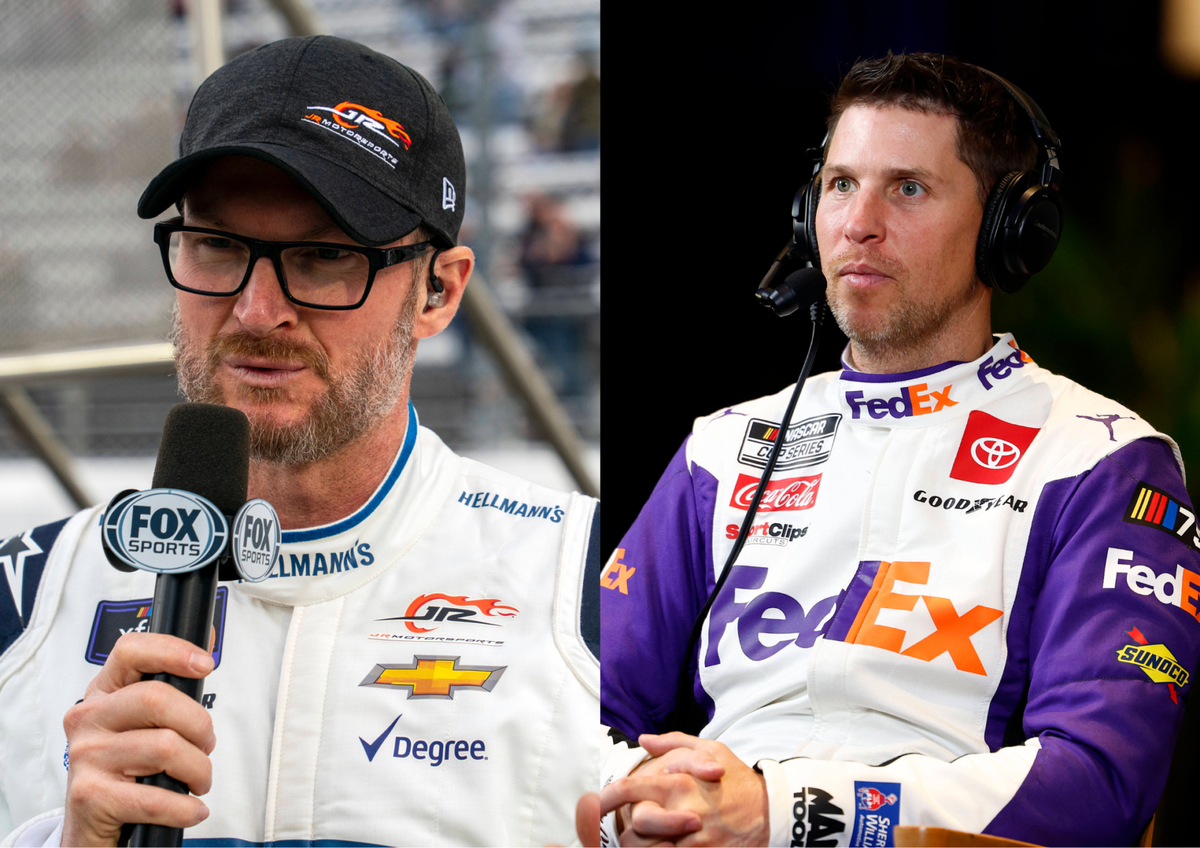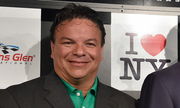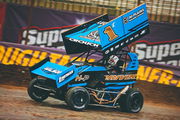
Imago
Dale Earnhardt Jr, Denny Hamlin | Image Credits: Imago

Imago
Dale Earnhardt Jr, Denny Hamlin | Image Credits: Imago
In the pulsating world of motorsports, speed is the heartbeat. Whether it’s the roaring lanes of NASCAR, the sharp turns of Formula 1, or the breakneck circuits of sprint cars, a racer’s essence is to chase speed, every lap is a race against time itself. Yet, with the dawn of next-gen cars, even a small task of overtaking the car in front seems to feel like an arduous trek. Intriguingly, the Gen-6 cars’ initial model that graced the tracks until 2015 boasted more horsepower than today’s tech-laden marvels.
Watch What’s Trending Now!
Since the grand unveiling of the next-gen cars in 2022, a chorus of NASCAR drivers has voiced their grievances about handling these machines and their unquenchable thirst for speed. While NASCAR did tinker and tweak some aspects in 2023, the speed conundrum continued to elude resolution. The suspense of short-track races, too, seemed to have lost its former fervor with these Gen-7 wonders. However, whispers in the pit lane suggest that the iconic 7X Cup Champion might just have the magic formula up his sleeve.
ADVERTISEMENT
NASCAR icon chimes in on the new cars’ speed issue, adding to the comments of Dale Earnhardt Jr
Lately, the tumult around the next-gen cars in NASCAR is palpable. The roster of drivers raising concerns is growing, and among the most vocal are the likes of Denny Hamlin and Dale Earnhardt Jr. In a notable digital moment, Hamlin took to Twitter, lobbying for a NextGen 2.0 version. Dale Earnhardt Jr., ever the insightful racer, chimed in, but from a unique perspective. Being privy to the initial testing phase, he’s well aware of the extensive work poured into such major changes. He hinted at the possibility of a fresh design, predicting it might be on the horizon if the collective voice of dissatisfaction crescendoed.
However, as true as it is, the oldest adage in auto racing is also the sport’s greatest truth. Nothing can ever solve a problem better than you might think—like horsepower. Richard Petty, the seven-time Cup Series champion, recently took to Instagram to express this belief, indicating that the reduced speed of the NextGen cars is hampering drivers’ true potential. Petty’s remedy? Horsepower. As he eloquently stated, “To make racing good today, they should give all these cars 800 horsepower. If they did, then you wouldn’t see a pack of cars running together. That would separate the men from boys, or whatever it be.”
View this post on Instagram
ADVERTISEMENT
He further added, “I am big on horsepower so when you do catch somebody and they mess up a little bit, you are able to get by them. The way it is now if somebody in front of you messes up a little bit, he can change another gear and accelerate just as quick as you can. So, when you take the horsepower away, there’s no acceleration; to me, that messes up racing.”
Watch This Story: “If I Ever See This A**hole…” – Dale Earnhardt Jr Opens up About Holding a Grudge Against One Particular Driver Since 1996
ADVERTISEMENT
The point raises a couple of intriguing questions: Has horsepower always been the ultimate answer? And what makes drivers nostalgically favor the Gen-6 cars over the sleek NextGen models?
Top Stories
Greg Biffle’s $4M Worth Prized Possession Still Without a Buyer Leaves NASCAR Fans Heartbroken

NASCAR World Mourns as Former Watkins Glen President Michael Printup Passes Away at 60

Fox Broadcaster Pens Heartfelt Message as Veteran Announcer Quits NASCAR

Denny Hamlin Offers First Words Since Losing Beloved Father in Anniversary Fire

“This Is Not Racing”: Growing Outrage Erupts Over How Kids Are Being Taught to Win at Any Cost in Modern Motorsports

Is the allure of the Gen-6 cars outshining the high-tech prowess of today’s Next-Gen models?
NASCAR, America’s premier stock car racing entity, has journeyed through a spectrum of engine variations since its 1949 debut. In those nascent racing days, raw horsepower was synonymous with victory. Take the Hudson Hornet, which won races in 1951, 1952, and 1953 thanks to its sleek aerodynamics and 5.0-liter flat-head inline six-cylinder engine. By 1955, Chrysler’s C-300 stole the limelight, harnessing the might of its 5.0 L OHV engine to clinch victories in both 1955 and 1956.
ADVERTISEMENT
Zooming into the 2015 NASCAR Cup Series, cars flaunted a horsepower range of 750 to 800 hp. The Gen-6 cars, in their twilight years, operated at 750 hp on tracks up to a mile (short tracks) and were dialed down to 550 hp for longer circuits from 2019 to 2021. Contrast this with the current NextGen stalwarts: a modest 510 hp for restrictor plate racing and a beefier 670 hp for all else, including the versatile road courses, short tracks, and sprawling intermediate ovals.
This power disparity perhaps fueled Richard Petty’s rallying cry for a roaring 800 hp. For now, NASCAR, never one to rest on its laurels, is set to experiment: a hybrid powertrain will grace the 2023 24 Heures du Mans in a NextGen avatar, featuring a compact engine. The innovative step, spurred by the Automobile Club de l’Ouest, hints at a potential formula overhaul in 2024. Will the next Cup season herald a seismic shift in NASCAR? Time will rev its engines and tell!
ADVERTISEMENT
ADVERTISEMENT
ADVERTISEMENT
ADVERTISEMENT

